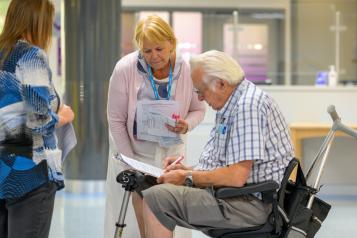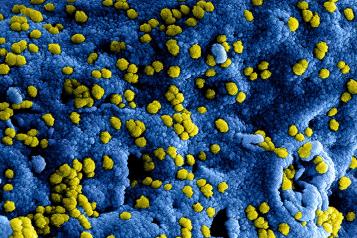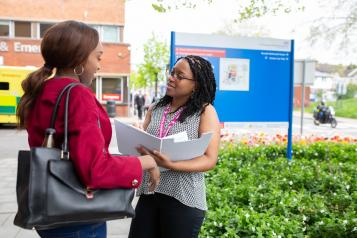Willing Ready and Able information
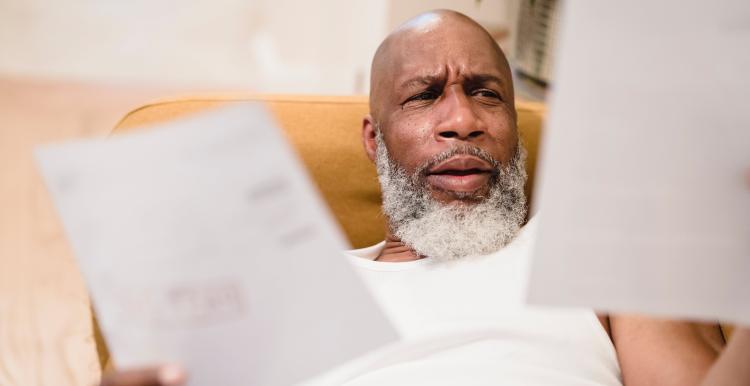
Paul Hurt his back and his General Practice suggested he contact the Physiotherapy Team. Paul completed the self-referral form and a few weeks later received a telephone call to make a suitable time for a telephone consultation.
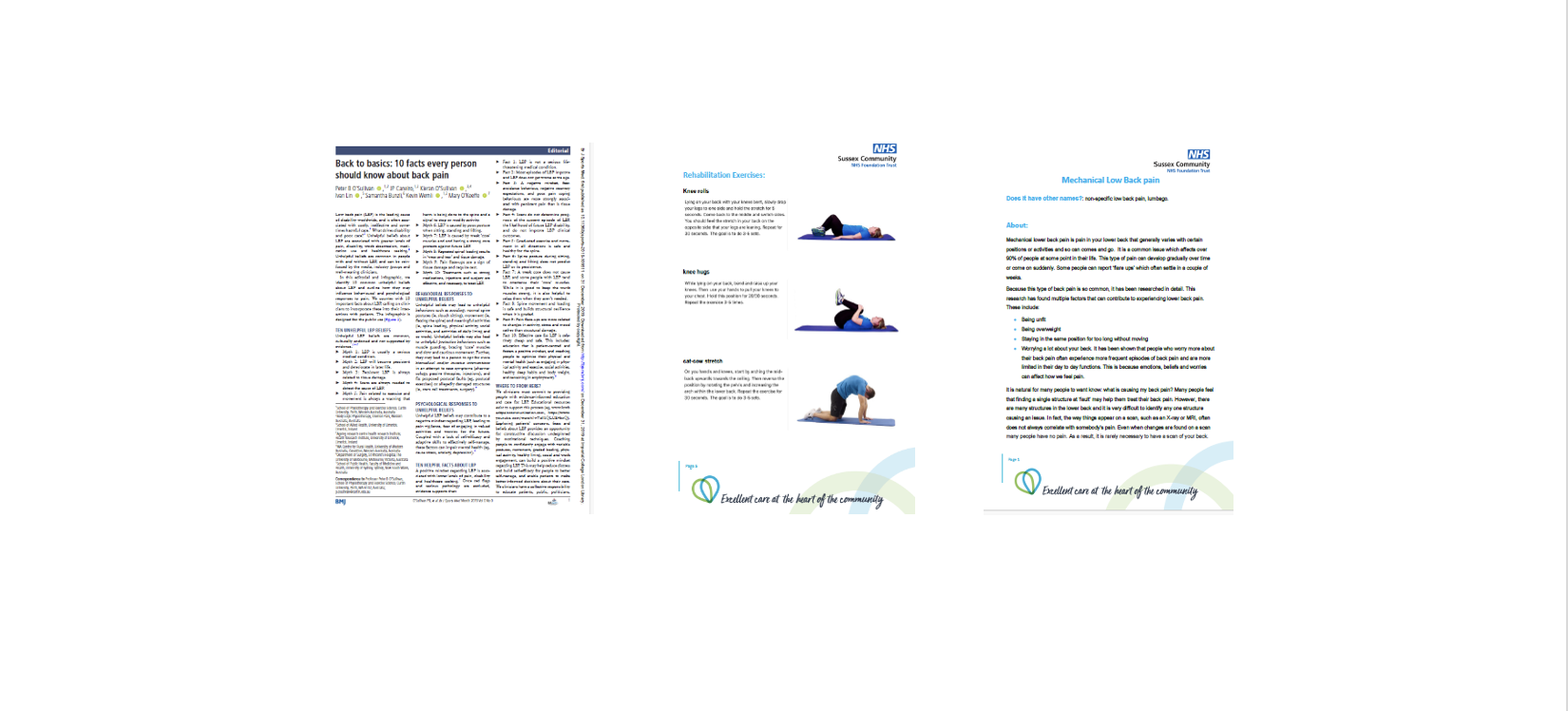
During the telephone consultation, Paul confirmed that the clinician was professional and friendly but that it felt like her aim was to ‘get him off their books.’ She confirmed that she would send an email with some academic information and exercises.
The information supplied was printed off, read, and put to one side, because Paul did not want to risk doing the exercises as he was about to go on holiday. He also believed that by doing them, he may make the pain or issue worse.
A few weeks later his wife asks, ‘how are the exercises going?’ Paul informs her that they are not. She suggested that maybe he should contact the local Leisure Centre to see if someone there might be able to support him. To date this has not happened.
So, what does it take for people to make life changes which are beneficial for their health?
Most people make changes to support their health when they are 1Willing, Able and Ready, and all three areas are needed to be switched on for change to happen.
- The importance of change for the patient (Willingness)
- The confidence to change (Ability)
- Whether change is an immediate priority (Readiness)
So, if this is applied to Paul’s situation:

Willing
If he has someone to show him the exercises, he will feel more confident that he will not make things worse.
Able
At present he does not have the confidence or motivation to do the exercises as is fearful he will make things worse.
Ready
He would like to do the exercises and changes suggested but needs support to reassure him.
What we have heard from Paul’s story is that information alone does not mean that people will change their behaviour to support their health. It shows the importance of being shown how to do something and having support from someone. Given the demand for limited NHS resources, an alternative to face-to-face could be the use of video links, along with suggesting a local gym with trained staff, as well as giving information on the exercise to improve a person’s confidence and motivation.
Such additional information may also help to ensure exercises are done in the right way to maximise the benefit – as it can be difficult to interpret diagrams or written words when trying to understand the exercise information.
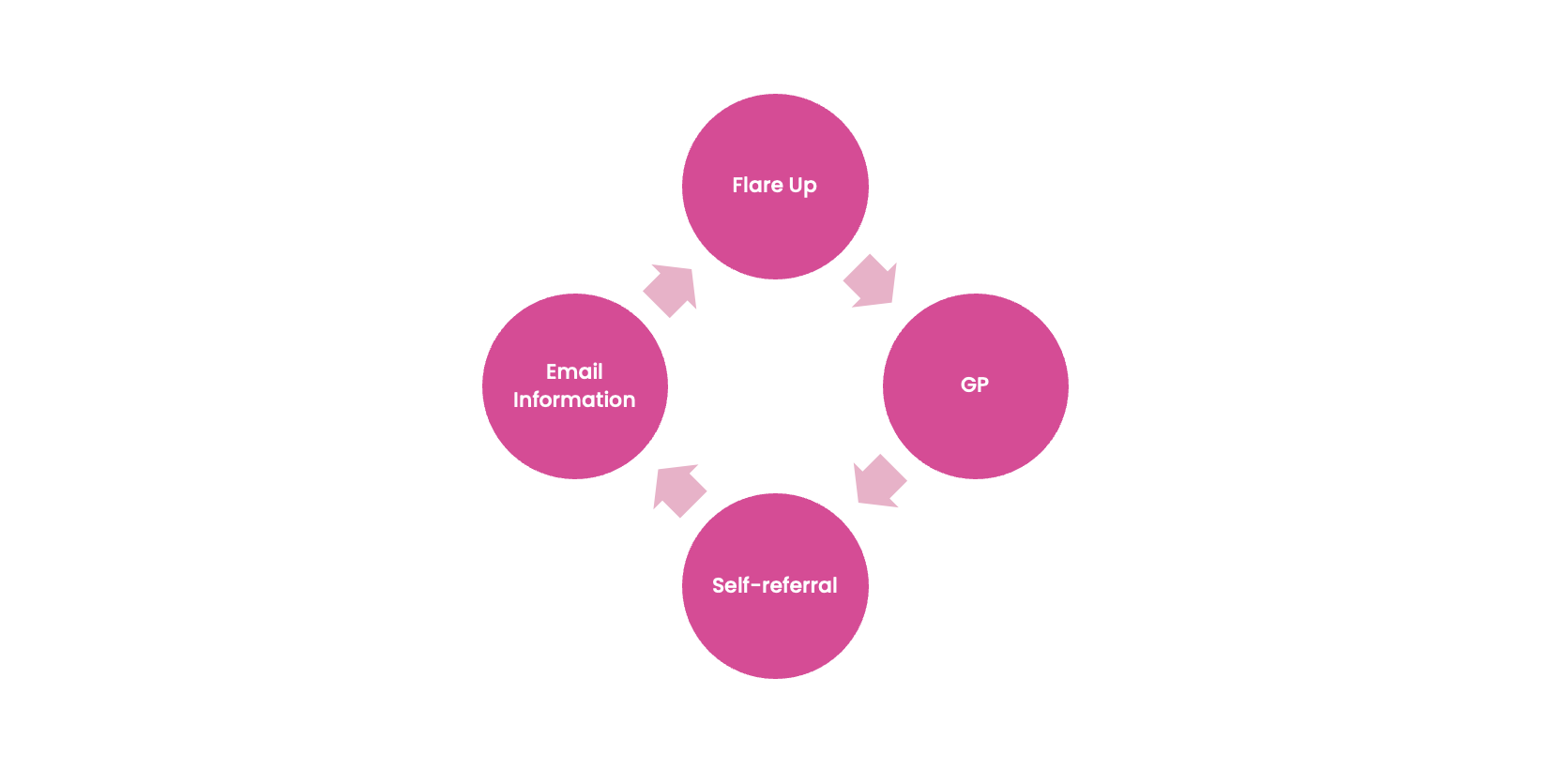
Life for Paul is currently on hold, waiting for the next flair up and beginning the vicious cycle again of GP, self-referral, telephone consultation and information. Nothing is changing and he is not being motivated to make the changes needed by only being given information sheets.
At Healthwatch, we heard many similar stories to Paul’s and would love to hear your story of what has helped you to make positive changes to improve your health.
Please support us by sharing your story and ideas.
If you require any support, please do contact our Helpdesk on 0300 012 0122.
1 RACGP - Motivational interviewing techniques – facilitating behaviour change in the general practice setting
